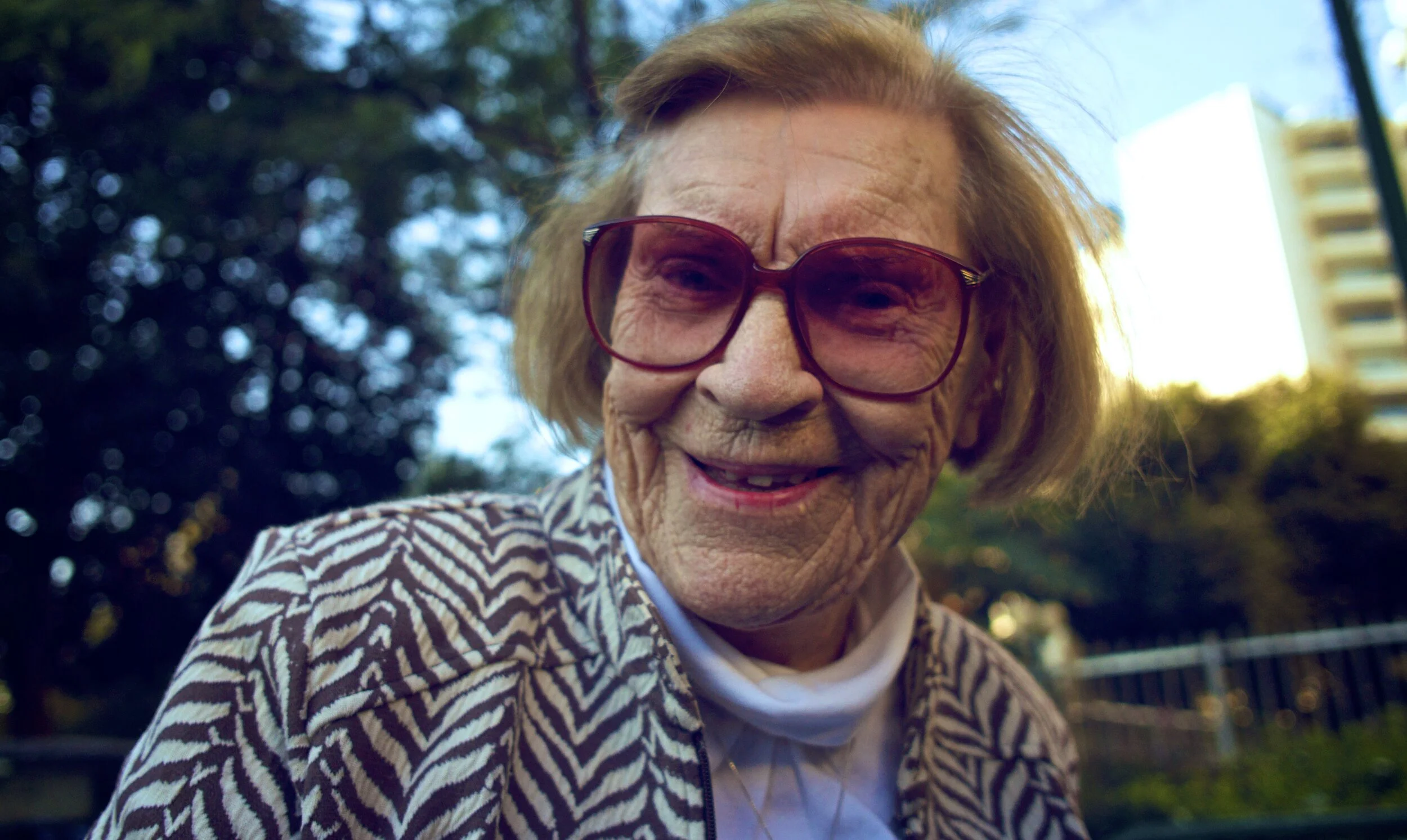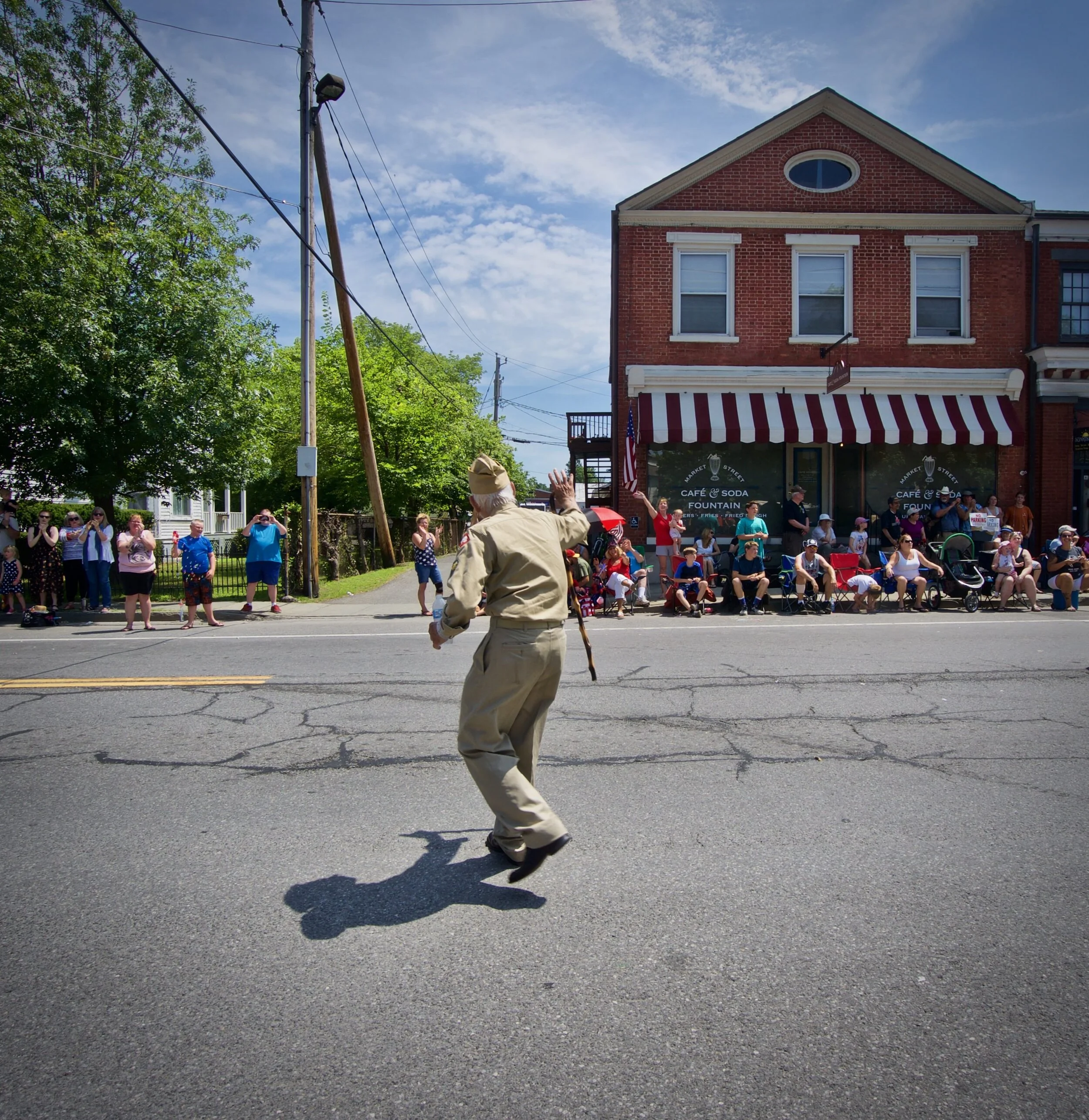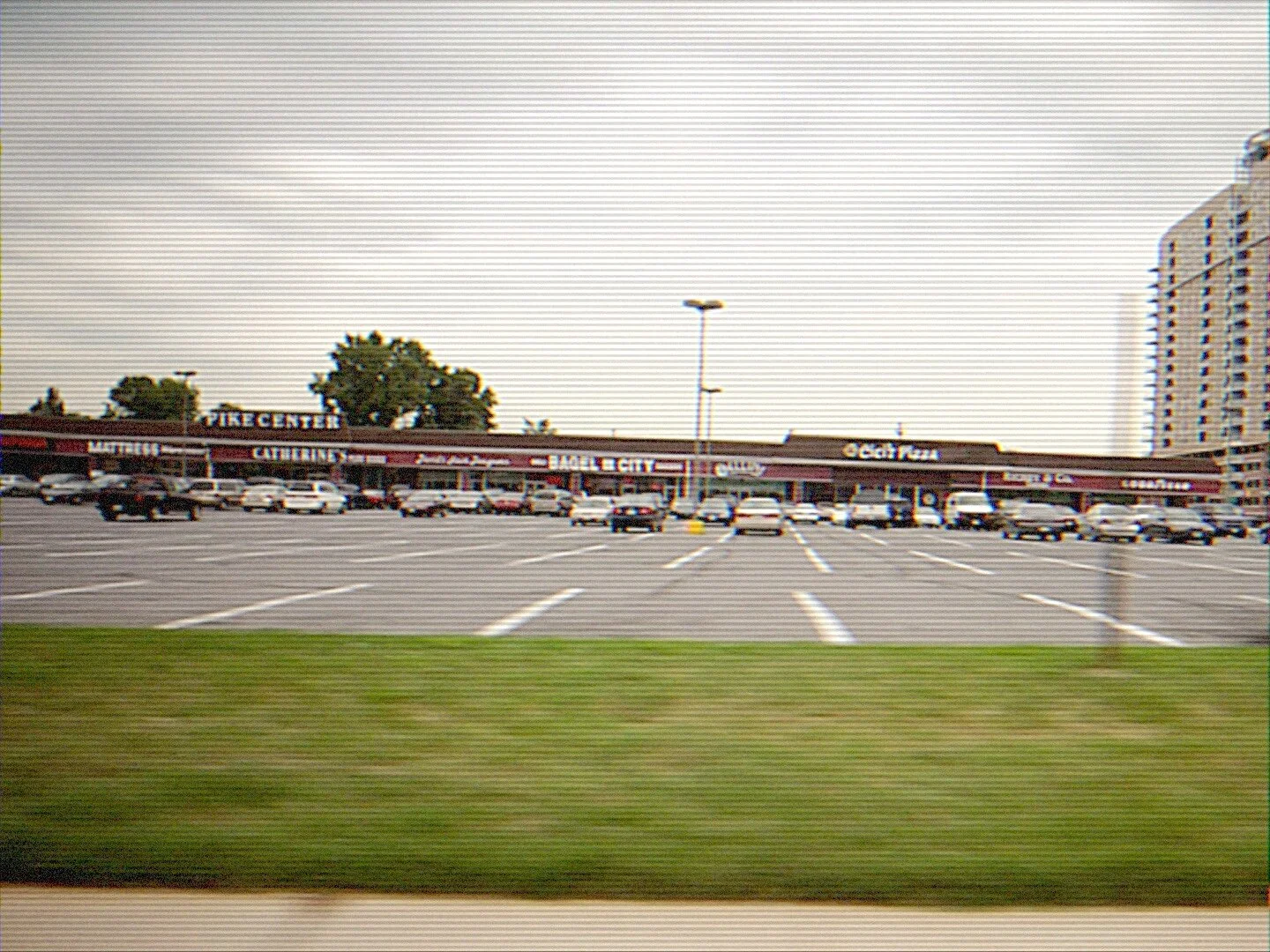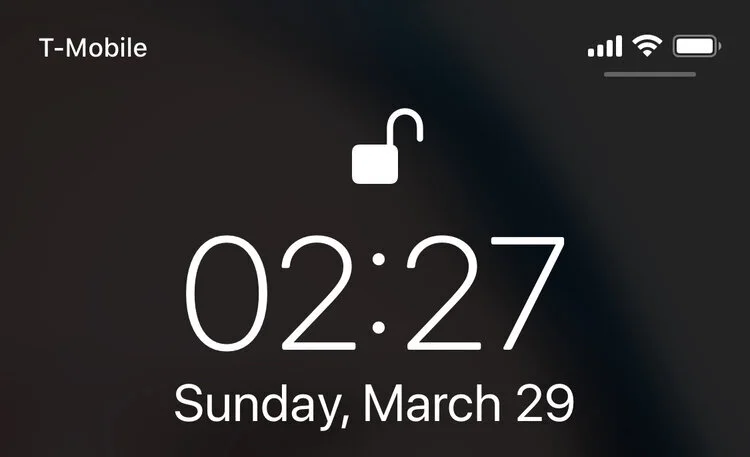What is Missing
In this Vignette, in partnership with the Brooklyn Arts Council’s Rethinking Memorial: Ten Interactive Sites for remembering 9/11, The Ripple Project asked ordinary New Yorkers a seemingly obvious yet often overlooked question: “What is missing in the conversation surrounding 9/11?”
The events of September 11, 2001 have made an indelible impression on the collective psyche of the American people, in particular, those New Yorkers who bore personal witness to the calamity of the twin towers’ thunderous collapse. And while over the span of ten years time, the widespread historical and social ramifications of this tragedy have been thoughtfully documented, synthesized and discussed, the horrific scale of 9/11 consistently overshadows the deeply personal trauma felt not only by those directly affected by the loss of loved ones, but by the multitudes who witnessed and continue to witness it’s rippling aftereffects.








